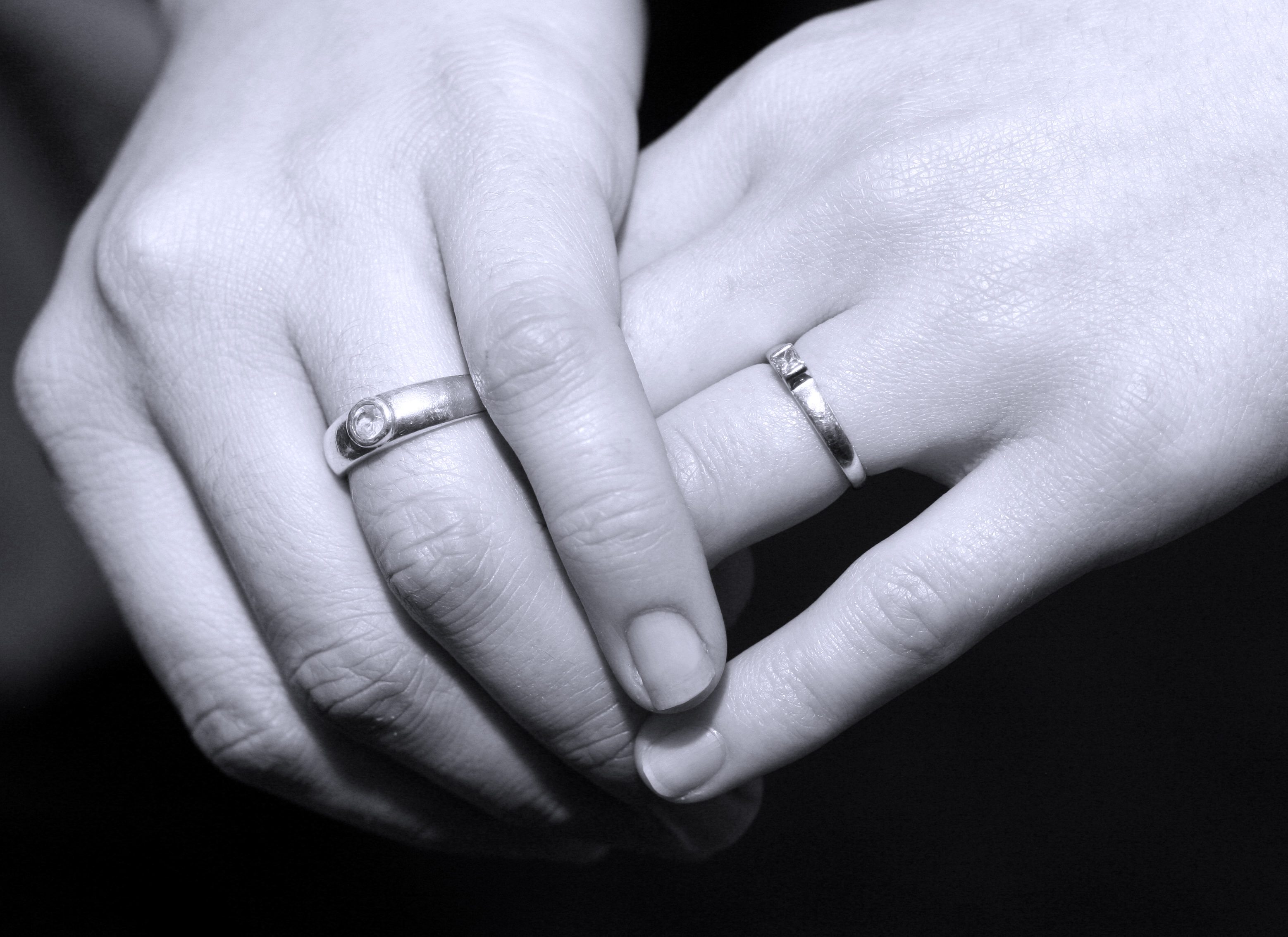Susan James from Pink Wedding Days tells us what Equal Marriage means for you!

March 29th 2014 could have been like any other Saturday: a non-descript, twenty-four hour slice of the same-old same-old. It wasn’t though, was it? March 29th 2014 was the day that same-sex marriage in England and Wales became legal.
On March 29th 2014 something amazing happened: the law changed. 700 year-old legal definitions were altered to become more tolerant, more accepting and more representative of modern society. Religious groups can now be left to argue amongst themselves; the lawmakers have spoken. Marriage is now an ideal that two women can achieve.
Much of what has been achieved by equal marriage however, can be traced back to the 2004 Civil Partnership Act. This bill gave gay and lesbian couples a legal footing that was almost identical to marriage. The distinction between a civil partnership and a marriage however, was obvious. In the eyes of the law one was less equal than the other: a civil partnership, amazing as it was, wasn’t marriage. Lesbians might refer to their civil partner as “wife” but in the eyes of the state and society, she couldn’t be.
Civil partnerships were the trail blazers for change. The power of that first step shouldn’t be underestimated. Equal marriage has been a subtler change. The power of it lies behind the scenes in the tinkering that’s happened to the law. It’s the power of language. Marriage can now be marriage. Civil partnerships, which are still amazing, are now something else. Something worthier now because there is not comparison to an equivalent.
Marriage allows for religion. Of course however, this will depend on whether a religion has opted-in to perform a same-sex marriage or not. The Church of England is exempt by law. Most other main stream denominations have already announced their intentions to opt-out, too.Some religions will perform equal marriages. The Unitarian Church, the Liberal Jews and The Quakers for example. Possibly in the future, they’ll be joined by other liberal denominations. It’s worth checking with individual groups about their own stance on the issue.
Lesbian couples will also have to exchange vows during the ceremony. This is the same requirement that the law asks of opposite-sex couples. This isn’t necessary in civil ceremonies, but most couples like to say a few words.
It’s also good news for lesbians planning to marry abroad as the marriage will now be recognised by the Government. Mutual recognition between foreign powers will make life far easier for couples planning on moving to countries where gay marriage is already legal. Lesbian couples have long missed out on the benefits made available to married couples when settling abroad. The same will apply in Scotland when same-sex marriage is legalised later in the year. Unfortunately, this will not apply to Northern Ireland.
